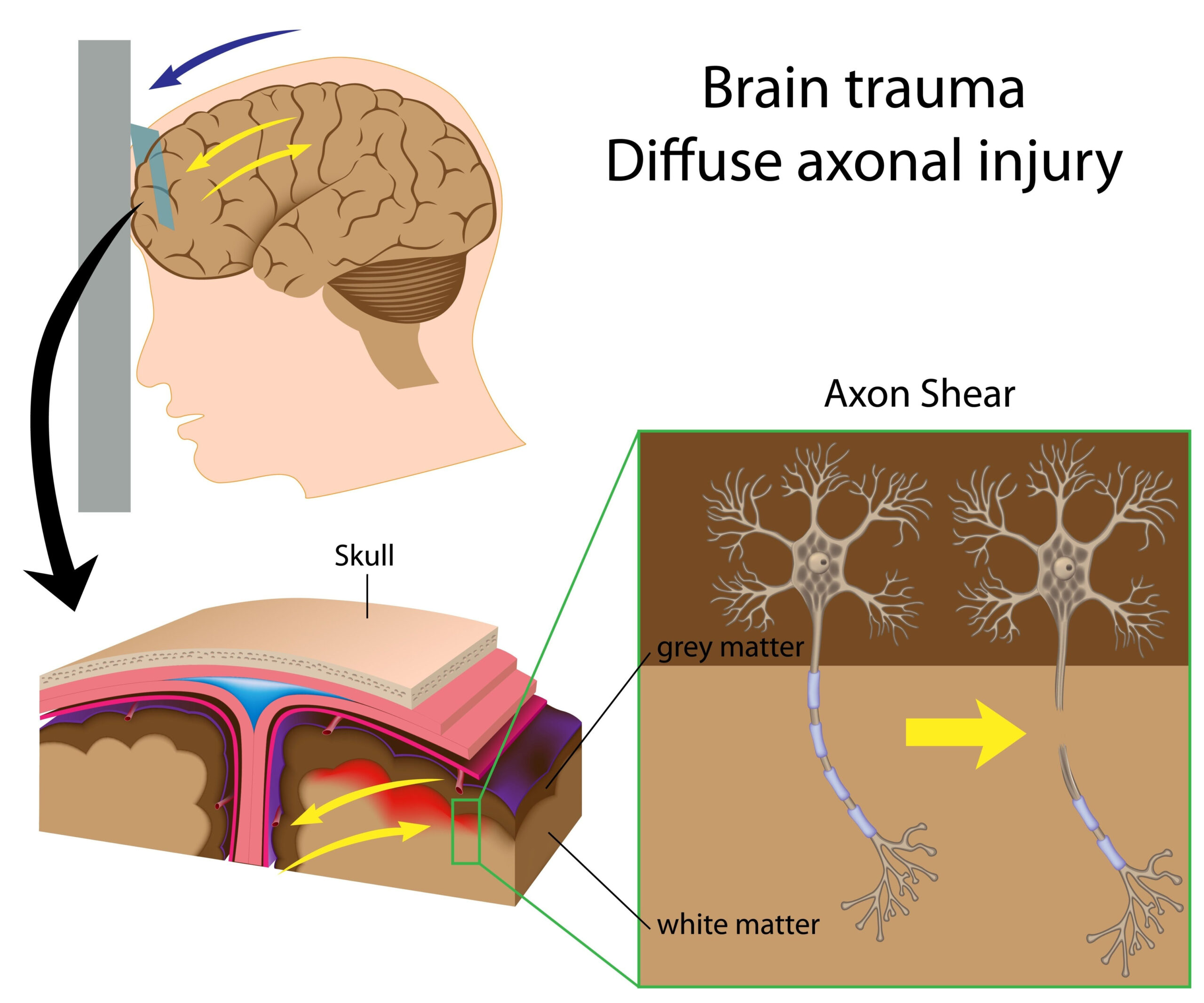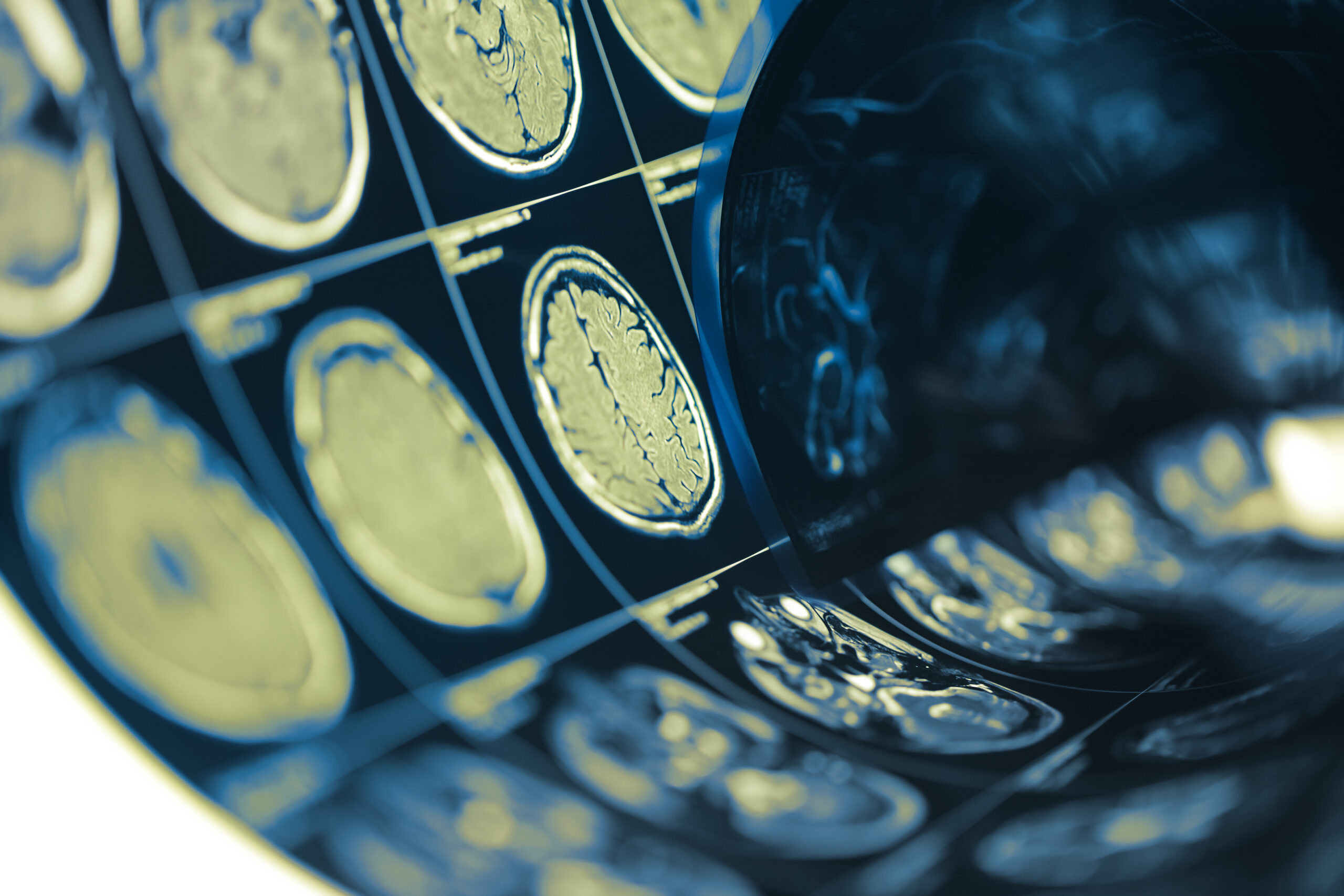Study Overview
The research investigates the impact of cannabidiol (CBD) on rats subjected to multiple concussions, specifically focusing on how it influences neuronal endoplasmic reticulum (ER) stress and apoptosis. Concussions are a form of traumatic brain injury that can lead to various long-term neurological issues. The study is premised on the knowledge that repeated concussive events can induce significant cellular stress responses, particularly through the activation of the protein kinase RNA-like endoplasmic reticulum kinase (PERK) pathway. This pathway is crucial in regulating cellular stress, as well as apoptosis, which is the process of programmed cell death.
The central premise of the study is that CBD may provide neuroprotective effects that counteract the detrimental cellular processes triggered by multiple concussions. Given CBD’s growing attention for its therapeutic potential in neurological conditions, the research aims to establish a clearer understanding of its mechanism of action. By regulating the PERK-eIF2alpha-ATF4-CHOP axis, this research aims to demonstrate that CBD can mitigate neuronal damage and enhance recovery in subjects that have experienced concussive events.
To achieve this, the study involves experimental models where rats are induced with multiple concussions, followed by treatment with CBD. By examining changes in cellular stress markers and apoptosis rates, researchers seek to illuminate the biochemical pathways through which CBD exerts its protective effects. This exploration not only furthers the understanding of CBD as a potential treatment in concussion management but also contributes to the broader field of neuroprotection in traumatic brain injuries.
Methodology
In this study, a comprehensive experimental design was employed to investigate the effects of cannabidiol (CBD) on rats that experienced multiple concussions, with a particular emphasis on evaluating the biochemical pathways involved in neuronal stress and cell death. The methodology consisted of several key steps, which encompassed animal selection, concussion induction, treatment administration, and biochemical analysis of neuronal responses.
Firstly, a cohort of male Sprague-Dawley rats was utilized for this study, selected due to their well-documented physiological responses to traumatic brain injury. The animals were housed in controlled environments with regulated temperature and light cycles, and they were given access to food and water ad libitum prior to experimentation to ensure optimal health and reduce stress-related variables.
The second step involved the induction of concussions in the rat subjects. A standardized model of concussion was employed, utilizing a weight-drop apparatus to apply a precise force to the cranial region of the rats. This process was carefully calibrated to simulate mild traumatic brain injury while ensuring that injuries were consistent across all subjects. Rats underwent a series of three concussive events spaced over a period of time, allowing researchers to assess the cumulative effects of these injuries on neuronal health and function.
Post-injury, the experimental design included a treatment phase where rats were randomly assigned to either a control group or a CBD treatment group. The CBD was administered orally at specified dosages, which were determined based on previous studies indicating therapeutic efficacy without significant side effects. Treatment commenced immediately after the last concussion and continued for a defined period to facilitate an evaluation of both acute and long-term effects of CBD on neuronal health.
Following the treatment period, the study utilized various biochemical assays to assess neuronal endoplasmic reticulum stress and apoptosis. Key markers were measured within the brain tissue, including the protein levels of phosphorylated eIF2alpha and CHOP, which are crucial indicators of the PERK pathway’s activation and ER stress response. Additionally, the rates of apoptosis were assessed through TUNEL assays, which allow for the identification of apoptotic cells based on their DNA fragmentation.
Statistical analyses were conducted to compare the outcomes between groups. Parameters like neuronal survival, reduction in apoptosis, and levels of stress markers were analyzed using appropriate statistical tests to establish significance across the different treatment conditions. This robust methodology was designed to ensure that the findings would provide clear insights into the neuroprotective potential of CBD and its influence on the molecular mechanisms underlying concussion-induced neuronal damage.
Key Findings
The research yielded several critical discoveries regarding the neuroprotective properties of cannabidiol (CBD) in the context of multiple concussions. The results indicated that CBD treatment significantly reduced endoplasmic reticulum (ER) stress and apoptosis in the brain tissue of rats subjected to repeated concussive events. Notably, the activation of the PERK-eIF2alpha-ATF4-CHOP pathway was markedly diminished in the CBD-treated group compared to controls, suggesting that CBD effectively modulates this crucial stress response pathway.
Specifically, the rats that received CBD exhibited lower levels of phosphorylated eIF2alpha, a protein crucial in the cellular response to stress. This reduction implies a decreased activation of the PERK pathway, which is typically stimulated under conditions of ER stress leading to cell death. Furthermore, the expression of CHOP, a pro-apoptotic factor, was significantly lower in the CBD-treated rats, reinforcing the notion that CBD can alleviate the pro-apoptotic signaling triggered by concussive injuries.
In terms of quantifiable outcomes, the findings showed a marked increase in neuronal survival rates in the CBD treatment group. Statistical analyses demonstrated that CBD administration significantly decreased the number of apoptotic neurons, as evidenced by TUNEL assay results. The integration of these findings points towards an essential protective effect of CBD in mitigating cellular damage sustained during multiple concussions.
Additionally, behavioral assessments aligned with the biochemical data, showing that CBD-treated rats exhibited improved cognitive and motor functions compared to their control counterparts. This suggests that the neuroprotective effects of CBD extend beyond cellular responses to functional recovery post-injury. The results collectively support the hypothesis that CBD not only modifies neuronal stress responses but also enhances overall brain health and functionality after experiencing multiple concussions.
These findings contribute to a growing body of literature supporting the potential therapeutic application of CBD in treating traumatic brain injuries. By elucidating the mechanisms through which CBD exerts its effects, this study provides a compelling basis for further exploration of cannabis-derived compounds in clinical settings aimed at managing concussion-related sequelae and enhancing recovery outcomes in affected individuals.
Clinical Implications
The findings from this research hold significant promise for the clinical management of concussions and other forms of traumatic brain injuries. The evidence that cannabidiol (CBD) can modulate the PERK-eIF2alpha-ATF4-CHOP pathway to reduce neuronal endoplasmic reticulum stress and apoptosis suggests that CBD could serve as a novel therapeutic target in the treatment of concussive injuries.
With the increasing recognition of the short- and long-term effects of concussions, including cognitive decline, emotional disturbances, and neurodegenerative diseases, effective interventions are urgently needed. The ability of CBD to enhance neuronal survival and mitigate the cellular stress responses typically activated after repeated concussive events positions it as a candidate for further clinical exploration.
Furthermore, the favorable safety profile of CBD, as highlighted in previous literature, lends additional support to its potential clinical applications. Unlike traditional anti-inflammatory drugs or neuroprotective agents that may have significant side effects, CBD is often well tolerated and has shown minimal adverse effects in various studies. This characteristic is particularly important when considering treatment protocols for patients who may already be experiencing the diverse effects of brain injury.
Moreover, the observed improvements in cognitive and motor functions in the animal model suggest that CBD may not only protect brain cells but also support functional recovery after injury. Clinically, this could translate to enhanced rehabilitation outcomes for patients post-concussion, ultimately leading to a better quality of life.
As the research progresses, it will be essential to conduct clinical trials to evaluate the efficacy of CBD in human populations, especially considering factors such as dosage, administration routes, and the timing of intervention relative to the occurrence of concussions. Additionally, exploring the long-term effects of CBD on neurological health in both acute and chronic settings will be crucial in solidifying its role in concussion management.
Given the mounting evidence supporting the neuroprotective properties of cannabinoids, healthcare providers may need to reconsider their therapeutic approaches toward concussion management, incorporating cannabis-derived compounds like CBD into treatment paradigms. This shift could not only facilitate immediate recovery after concussive events but also play a pivotal role in preventing future complications linked to cumulative brain injuries.
In summary, the research underscores the potential of CBD as a transformative agent in treating concussions and provides a foundation for subsequent clinical investigations aimed at validating its efficacy and safety in human subjects. As more data becomes available, it may pave the way for new guidelines that integrate CBD into standard concussion care, ultimately benefiting a wide range of patients experiencing the repercussions of traumatic brain injury.


